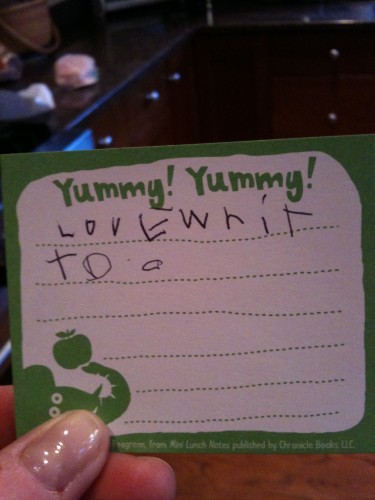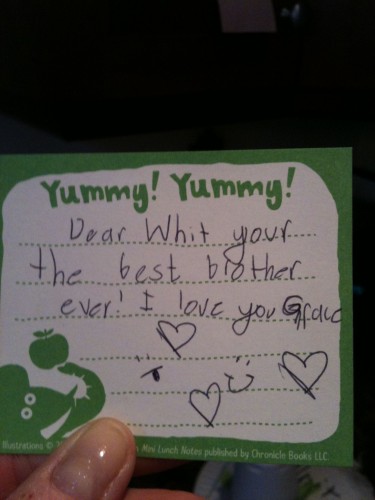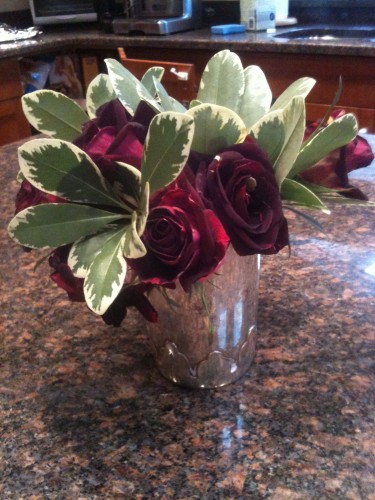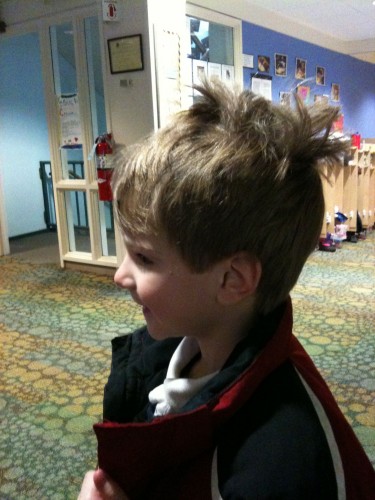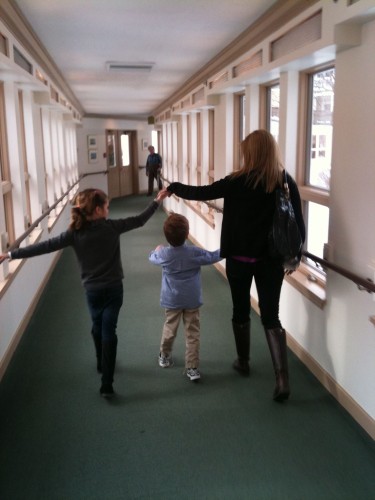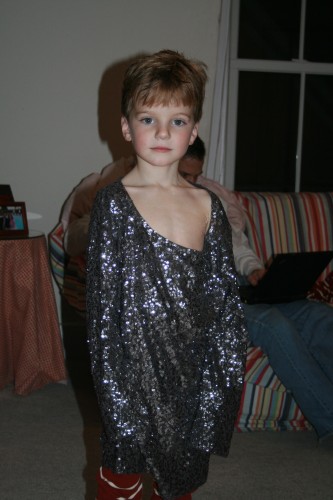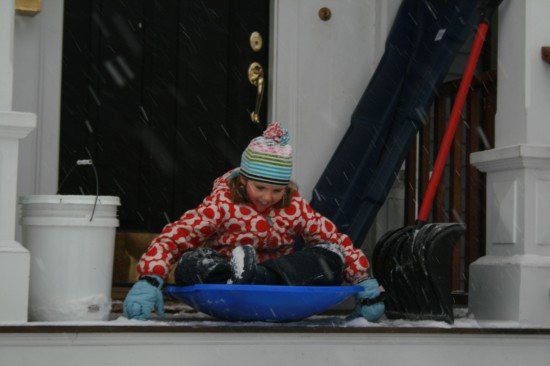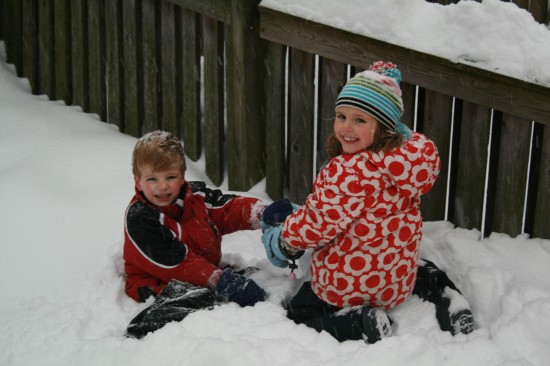I have been a Peggy Orenstein fan for a long time. Years ago I wrote about her now-famous New York Times article called “What’s Wrong With Cinderella?” I also read and adored both Flux and Waiting for Daisy. Schoolgirls is next on my list. I have read several reviews of her new book, Cinderella Ate My Daughter, and I read it eagerly. Peggy is a beautiful and articulate writer tackling topics about which I care deeply. She is also hilariously funny. Holy Grail.
Cinderella Ate My Daughter addresses the culture in which our daughters are growing up. It confronts the increasingly urgent sexualization of girls, and identifies that it is happening younger and younger. The book’s central point is an exploration of how girls these days are “struggling to fulfill all the new expectations we have for them without letting go of the old ones.”
Orenstein explicates a set of new pressures that girls face today: to perform on the field and in the classroom, to demonstrate leadership, and to be involved in philanthropy, a “good person.” At the same time, girls are still expected to be pretty and thin. Far from replacing the old expectations, these new ones have simply piled on top, making the burden of perfection on our girls even more stifling.
Every day I am reminded that how a girl looks remains essential to how the world views her. People seem to constantly comment on how Grace looks. It is certainly, by a wide margin, the most common thing about her that I get comments about. It’s true: both of my children are thin. Bird-like, even. But it’s totally natural: that’s the kind of kid I am. The most infuriating comment I get, and I get it all the time, is how “well, you want a girl to be skinny.” People said this even when Grace was a toddler of 2 or 3. People also comment on Grace’s face, and I’m often told she is beautiful. She can frequently overhear this commentary, which worries me, because I don’t want her to internalize that it’s the most important thing about her. But if I am really honest, my own reaction is more complicated. I’m simultaneously horrified and proud. Because, just as Orenstein does, I grudgingly recognize that this is the world we live in. I wish it were otherwise, I desperately do. But it’s not. And I know that being attractive will be an advantage for Grace. I hate admitting this.
When Grace was five she took her first airplane ride by herself. She felt incredibly proud of herself, and I did too, which helped ameliorate the shocked, even judgmental, reactions from more than a few people who heard about this. A few days after the flight I got an email from a very dear friend, telling me that the story of Grace boarding her Delta flight alone with only a quick look over her shoulder reminded her of what I’d always said were my chief goals for Grace: that she be – and know she is – brave and smart. This was, my friend asserted, the behavior of a brave and smart child. My eyes filled with tears. I remember both of those moments viscerally: Grace boarding the plane, and reading my friend’s message.
Still, no matter how brave or smart, or how accomplished girls – or women – are, their looks still matter. This is a reality that I find both irrefutable and profoundly depressing. It is deeply, perniciously ingrained in our culture. Orenstein tells the story of when, while researching Schoolgirls, she followed students in middle school and realized that she was greeting them by commenting in their appearance. Even she, who knew this wasn’t her priority, or the right thing to do. She tried to go cold turkey and found it awkward to make conversation. This story reminded me of when I was pregnant the first time. I suddenly became blindingly aware that what everybody wanted to tell me was how great I looked. I used to feel like shouting: I am growing a human being in my body! Who the hell cares what I look like? And I swore that I would never comment on another pregnant woman’s looks. And you know what? I still do. Because in many cases my first reaction IS that they look beautiful. But still, like Orenstein, I know better.
Orenstein also raises the important and complex topic of of body image, sharing scary data that I’ve read before about how early girls become aware of and dissatisfied by their bodies. Like Orenstein, and many mothers I know, I make a determined effort never to disparage my own physical self in front of Grace. But I’ve been wondering, lately, do we actually need to go further? Should we be talking about how beautiful we are? I don’t do that, and it would be uncomfortable for me to do so (not to mention dishonest), but I do find myself wondering if we need to model self-love. We don’t want to raise daughters who think their appearance is all, but given the truth of the world out there, ought we demonstrate, actively, appreciation for our own physical bodies? I suspect that our silence on this topic holds an implicit message for our daughters.
It is inescapable, this fact that our girls’ looks are essential to their sense of themselves. “Talent? Effort? Intelligence? All are wonderful, yet by middle school, how a girl feels about her appearance – particularly whether she is thin enough, pretty enough, and hot enough – has become the single most important determinant of her self-esteem.” Even more provocatively, Orenstein challenges: “What is the alternative to thin, pretty, and hot (regardless of other qualities) as the source of feminine power and identity?” I don’t know the answer. And I do know that these expectations are real, and that coupled with the emphasis on achievement and success they create for our girls a tangled forest of pressure to be perfect.
Cinderella Ate My Daughter‘s chapter on the child beauty pageant circuit is riveting, and I was particularly impressed by how Orenstein identifies lesser-known, more humanizing aspects of each example of that much-vilified character, the Beauty Pageant Mom. A chapter on the older Disney “princesses,” Britney, Lindsay, Miley, Selena, and others struck me in particular because that is the phase in which Grace is definitely. Orenstein asserts that part of the unspoken promise of the Disney Princess brand is that it will keep our daughters safe. The pink and plastic world of Cinderella and Snow White may be replete with contradictory messages and an overemphasis on appearance, but it is a safe place devoid of sexuality and threat.
This world gives way to that of Hannah Montana and the Wizards of Waverly Place, and the real-life “princesses” take the place of cartoons. What to do, then, when these actresses grow up and the girls who loved them have to interpret images of Miley Cyrus on the cover of Vanity Fair naked in bed with mussed hair. The natural maturation of the teenage girls whose pre-sexual identities are fused with beloved, role-model characters renders even more complicated the already-rough terrain of adolescence. “The virgin/whore cycle of pop princesses, like so much of the girlie-girl culture pushes in the opposite direction, encouraging girls to view self-objectification as a feminine rite of passage.”
Orenstein’s last chapter focuses on the increasing power and reach of the internet social media and the ways in which it contributes to the commoditization of girlhood. In a world where girls think of themselves in terms of their “profile” earlier and earlier, material identifiers like what you were, what movies, songs, and celebrities you like, and what you wear become increasingly important. Orenstein also points out the ways in which electronic media have raised the stakes enormously on the standard mistakes of adolescence. Often there is a permanent record of those mistakes now, and one that is easily circulated well beyond a girl’s community. The power of online networks is seen clearly in some of the recent online bullying stories, and in many of those the push-pull of girl’s sexuality played a key role. Sexuality has become, Orenstein asserts, a “performance” like femininity itself. Girls see that “hotness” and being sexy carries power with it, but they also observe the speed with which a girl who uses this can be taken down (as a “slut” or a “whore”).
Orenstein’s final chapter brings this set of discussions of themes of girlhood to an alarming crescendo:
It would be disingenuous to claim that Disney Princess diapers or Ty Girlz or Hannah Montana or Twilight or the latest Shakira video or a Facebook account is inherently harmful. Each is, however, a cog in the round-the-clock, all-pervasive media machine aimed at our daughters – and at us – from womb to tomb; one that, again and again, presents femininity as performance, sexuality as performance, identity as performance, and each of those traits as available for a price. It tells girls that how you look is more important than how you feel. More than that, it tells them that how you look is how you feel, as well as who you are.
There are no conclusions at the end of Orenstein’s book, only a reminder that “our role is not to keep the world at bay but to prepare our daughters so they can thrive within it.” I closed the book and thought about it, aware of a deep unsettled feeling in my heart. I find myself reverting back to my college women’s studies courses, becoming angry at that old edifice, The Patriarchy. As women finally near equality in our culture (Grace simply could not believe how recently women were not allowed to vote in this country), garnering rights and achievements that were unimaginable even recently, the strictures of expectation grow more suffocating. Is this a way to muffle our power? A sly, subversive way to keep us secondary?
But then I ask myself: who is responsible for these expectations? Don’t we, women, the girls of yesterday, have to take some responsibility for them? Especially as we begin to participate in the discussions that set these kinds of agendas, don’t we start to take some ownership for them? You can’t tell me that everybody running Disney or childhood beauty pageants or Internet companies is male. We know that is not true. Still, most women I know share a deep discomfort with the themes that Orenstein so provocatively explores. How to determine where these embedded expectations and norms come from, so that we might begin to unseat them? I don’t have answers, but I do know that awareness and thoughtful exploration such as that in Cinderella Ate My Daughter is the only place to start.
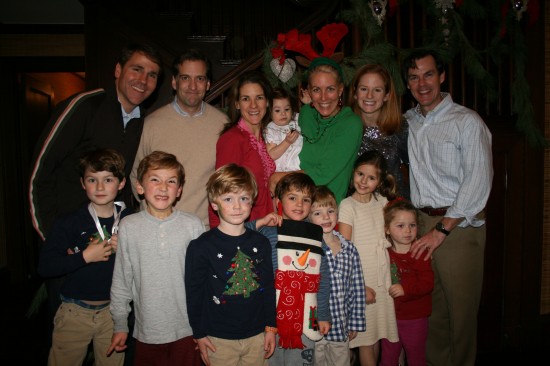 There’s no vocabulary for love within a family
There’s no vocabulary for love within a family

